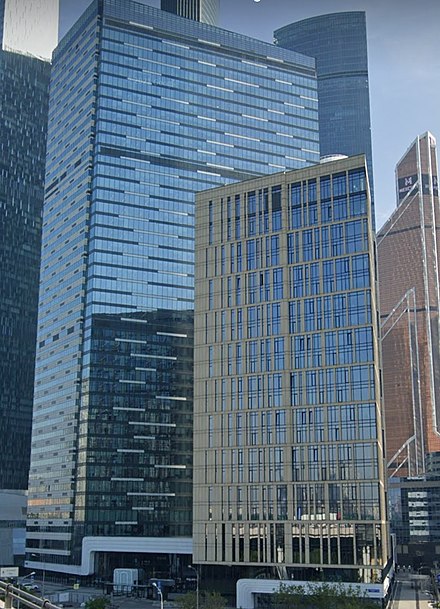Russia expands preferential policies for individuals to import foreign cars
Russia expands preferential policies for individuals to import foreign cars
The Russian Ministry of Industry and Trade expands preferential policies for individuals to pay recycling fees for imported foreign cars

The Ministry of Industry and Trade of the Russian Federation (Минпромторг РФ), the Federal Customs Service of the Russian Federation (ФТС России) and the Russian State Duma Committee on Industry and Trade have jointly developed a solution to clarify the disposal applicable to cars imported into Russia from Eurasian Economic Community countries Fee transition period parameters.

According to a press release from the Ministry of Industry and Trade of the Russian Federation, pursuant to Russian Government Decision No. 1722 of October 17, 2023, certain conditions were clarified according to which imported cars can be considered imported for personal use and are applicable to " "Preferential" tax rate - 3,400 rubles for new cars and 5,200 rubles for cars older than 3 years. It is worth noting that one of the mandatory conditions is to pay customs duties and taxes on automobiles at a single rate specified in Chapter 37 of the Eurasian Economic Union Customs Code, or to pay comprehensive duties in a determined manner.
Signed before October 29 (i.e. before the effective date of Russian Government Decision No. 1722 on October 17, 2023); vehicle structural safety certificate or electronic vehicle passport must be processed before December 21, 2023 (since the official release of Decision No. 1722 within a period of two months from the date).
Therefore, those citizens who purchased a car for personal needs before October 29, 2023, introduced their car to Russia and obtained a vehicle structural safety certificate or an electronic vehicle passport before December 21, 2023, are entitled to Disposal fees are paid at "preferential" rates (3,400 rubles for new cars, 5,200 rubles for cars older than 3 years).
Those citizens who brought in a car from an Eurasian Economic Community country through an intermediary and have paid the disposal fee for their car at the full rate will be entitled to a refund of the amount paid under the new conditions, provided that a corresponding application is submitted to the Federal Customs Service of the Russian Federation.
It is reported that other conditions for "personal use" imports stipulated in Russian Government Decision No. 1118 of July 7, 2023 are still valid. Therefore, for those citizens who imported into Russia before August 1, 2023 and plan to resell within Russia within one year of import, the full disposal rate must be paid. The full disposal rate must also be paid by individuals who will import two or more cars within a year, starting with the second car. As of August 1, 2023, it has been stipulated to pay the full rate for imported cars with a displacement of more than 3 liters. From August 1, 2023, the disposal rate will be increased by an average of 1.7 to 3.7 times, depending on the engine displacement of the vehicle; for light commercial vehicles, it will be increased by 2.5 to 3.4 times; for trucks, it will be increased by 1.7 times; and for buses, it will be increased by 2.2 to 4.8 times ( (depending on engine displacement); electric buses are raised by 8.7 times. This adjustment applies to new and old replacement vehicles imported into Russia after August 1, 2023.
According to previous reports, "АВТОСТАТ" stated that the Ministry of Industry and Trade of the Russian Federation has supported Russia's largest automobile company in deferring the payment of disposal fees until December 2024. Among them are AVTOVAZ, KAMAZ and "Moskvich". According to the Ministry of Industry and Trade of the Russian Federation, the ministry has prepared a proposal to postpone the payment of disposal fees by car manufacturers in 2024 (payments for the fourth quarter of 2023 and the first to third quarters of 2024 will be postponed to December 2024 moon). The project has been submitted for interdepartmental coordination and has received support from the Ministry of Economic Development of the Russian Federation. This move will help address the issue of insufficient working capital and will allow the creation of spare parts reserves for uninterrupted operation of the production lines.

 Russian
Russian




